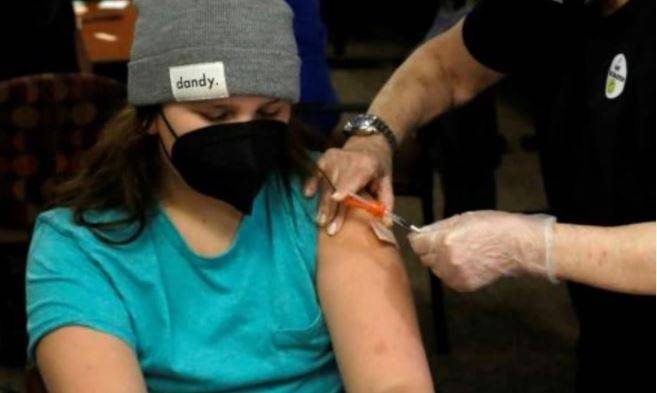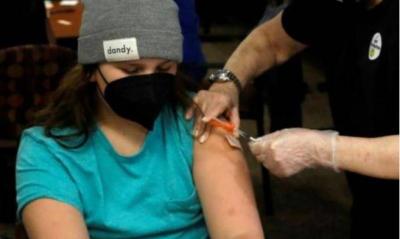Boys aged 12 to 15 are now able to receive the COVID-19 vaccine beginning Thursday across the United States, after U.S. health authorities allowed the use of the Pfizer/BioNTech vaccine for this age group, which includes 17 million individuals.
U.S. President Joe Biden announced on Wednesday, "This is a giant new step in the fight against the pandemic," encouraging parents to vaccinate their children. He emphasized that "the vaccine for young people aged 12 to 15 is safe, effective, practical, quick, and free," noting that 15,000 pharmacies are expected to be ready as of Thursday to distribute the vaccinations throughout the country.
The Food and Drug Administration (FDA) granted approval on Monday after reviewing data from clinical trials conducted on approximately 2,000 young people. Some regions began vaccinating boys on Tuesday, but the vast majority of the country awaited the final green light, issued late Wednesday by the Centers for Disease Control and Prevention (CDC), the nation’s primary public health agency.
The vaccine used for young people is the same as that used for adults, so it can be distributed at the same locations already in use. The current challenge is to convince parents, as more than a quarter of those with children in this age group reported they would refuse to vaccinate them, while only 30% said they would vaccinate their children as soon as possible, according to a poll conducted by the Kaiser Family Institute in mid-April.
To encourage parents, authorities are seeking to make vaccines available in more accessible locations or through trusted family pediatricians. CDC Director Rochelle Walensky said Thursday, "We are working to make it possible to vaccinate children in their schools as well."
Generally, young people experience less severe forms of the pandemic than adults, which is why their vaccination has not been a priority until now. However, they are not immune to infection and can contribute to the virus's spread. Thus, immunizing them will help curb the outbreak.




